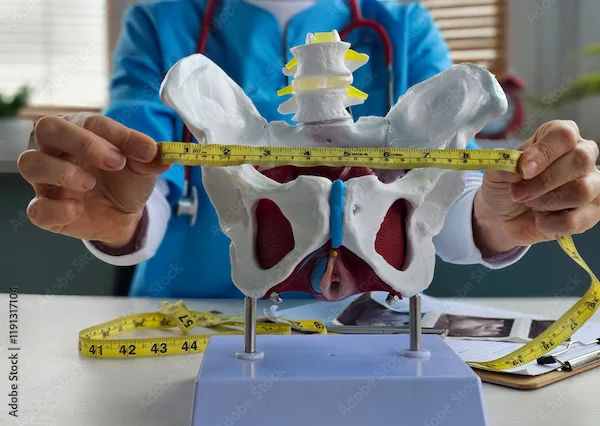- male
- 40 Years
- 29/01/2025
I've noticed that a year ago, my right kidney was measured at 10cm during an abdominal ultrasound. I recently had another scan done at a different diagnostic center, and they measured my right kidney at 9.1cm. Should I be worried about this change in size, even though everything else seems normal with no issues reported? What do you think?
Answered by 1 Apollo Doctors
Phimosis can be uncomfortable and affect your quality of life. While surgery is often recommended, there are some non-surgical methods you can try to help manage your symptoms:
Non-Surgical Methods
- Stretching exercises: Gently stretch your foreskin over a period of time to help loosen it. You can try using a lubricant to reduce friction.
- Topical creams: Apply topical creams or ointments containing steroids, such as betamethasone, to help reduce inflammation and loosen the foreskin.
- Bath therapy: Soak in a warm bath for 10-15 minutes, 2-3 times a week, to help relax the foreskin and make it more pliable.
- Manual manipulation: Gently manipulate your foreskin under the guidance of a healthcare professional to help loosen it.
Precautions
- Avoid forceful retraction: Don't force your foreskin to retract, as this can cause injury, bleeding, or scarring.
- Monitor for infection: Watch for signs of infection, such as redness, swelling, increased pain, or discharge.
- Consult a doctor: If you experience any severe symptoms or if your symptoms worsen, consult a doctor for guidance.
When to Consider Surgery
- Severe symptoms: If you experience severe pain, difficulty urinating, or recurrent infections.
- Failed non-surgical methods: If you've tried non-surgical methods without success.
- Complications: If you develop complications, such as paraphimosis (foreskin trapped behind the glans), seek immediate medical attention.
Dr. Anshul Suggests...
Consult a Urologist
Answered 04/07/2025
0
0

More Urology Health Queries
View allI'm having an issue where I get an erection after some stimulation, but it only stays hard for less than a minute. I'm generally healthy, without any blood pressure or diabetes concerns, so Im wondering if using Vigore jelly from German Remedies could help with this problem?
It sounds like you're experiencing difficulty maintaining an erection after stimulation. While Vigore Jelly may help improve blood flow, it's important to consult a doctor before using it, as they can assess any underlying causes and recommend the most appropriate treatment for your specific situation. Maintaining a healthy lifestyle is key, but a professional evaluation will provide the best guidance.
Answered by 1 Apollo Doctors
I have grade 3 varicocele and my army medical test is coming up soon I heard this condition makes you unfit for service. If I get surgery now, can it fully heal within 42 days so I can retake the test and pass? Really worried about this and need some clarity
surgery opinion is advised to the patient.
Answered by 1 Apollo Doctors
I'm curious about using tablets like Jinga Gold for erectile dysfunction. Can you tell me if there are any side effects I should be aware of? Also, will it have any impact on pregnancy or fertility? What's the recommended medication for dealing with ED?
Jinga Gold is a proprietary Ayurvedic supplement marketed for erectile dysfunction (ED), but its efficacy and safety are not scientifically proven;
Answered by 1 Apollo Doctors
Disclaimer: Answers on Apollo 247 are not intended to replace your doctor advice. Always seek help of a professional doctor in case of an medical emergency or ailment.





.webp)